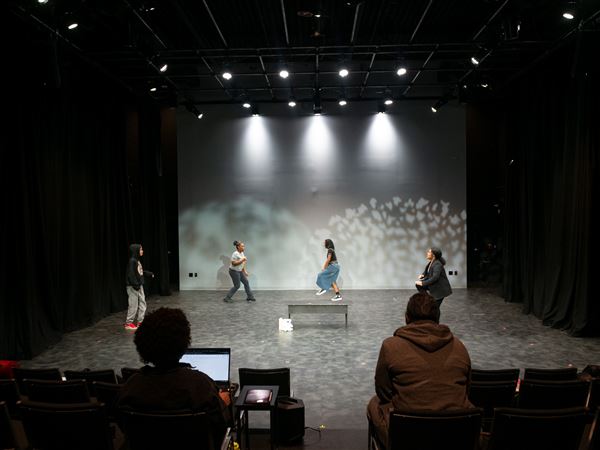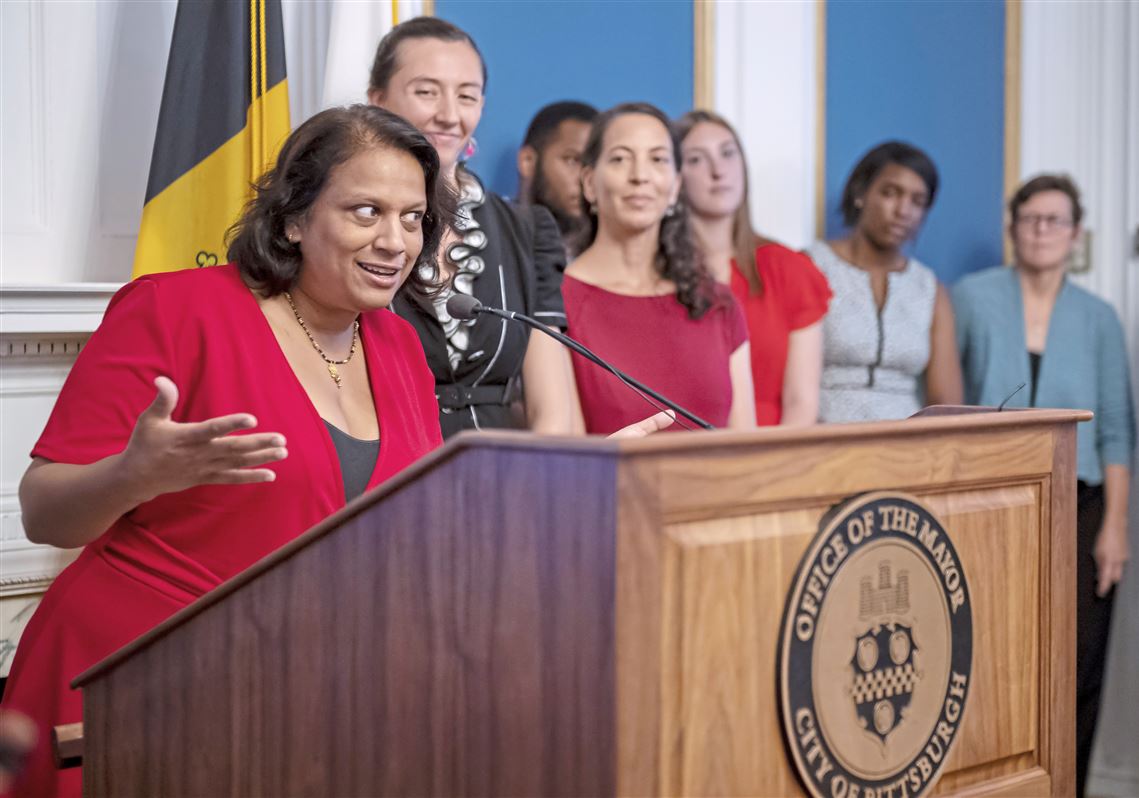The Pittsburgh Gender Equity Commission (GEC), along with the mayor who oversees it, is no longer fulfilling its legal obligations under city law. It’s a conspicuous lapse for an administration ostensibly part of a progressive wave washing over southwest Pennsylvania.
It joins Pittsburgh boards that the city began with great fanfare, but never brought to life. City Council formed the Commission on Racial Equity in the aftermath of the 2020 murder of George Floyd, but despite having a full complement of members, it has never met. But at least it got farther than the Commission on Infrastructure Asset Reporting and Investment, formed after the Fern Hollow Bridge collapse. The Mayor has still yet to name a single member of the panel.
The GEC, however, is unique in that the city did bring it life. It racked up years of progress, with the promise of more to come, before the Mayor let it fizzle out.
A progressive initiative
The Pittsburgh GEC was once considered such a successful example of gender justice advocacy that former Mayor Bill Peduto won a Global Leadership Award from the United Nations agency CEDAW, or the Committee on the Elimination of All Forms of Discrimination Against Women, whose principles undergird the city ordinance.
Then-Councilwoman Natalia Rudiak spearheaded the initiative in 2016, when council passed the GEC ordinance, and the first meeting came to order in 2018. The GEC made headlines a year later with its report, “Pittsburgh’s Inequality Across Gender and Race,” which famously declared that Pittsburgh is among the worst cities in America for Black women based on disparities in health, finances, employment and education.
That report also generated backlash from a group of Black women leaders who argued that, despite its outcomes being generally accepted, the research team and commissioners who produced it did not include enough women of color. The GEC had planned a second installment, more focused on women of color in Pittsburgh, but its status is unknown.
Meanwhile, in 2020 the GEC held multiple press conferences about practical initiatives and public policies to make Pittsburgh a fairer city for women and girls. In June 2020, the commission presented a full slate of nearly a dozen policy recommendations. Then in November 2020 the GEC spearheaded a plan to provide free salary negotiation training to Pittsburgh women, in concert with the American Association of University Women. The program seems to have lapsed on Mr. Gainey’s watch.
Letter of the law
In its first few years, the Pittsburgh GEC fulfilled its legal mandate. It had 15 members and an executive director; it held monthly public meetings; it filed annual reports to City Council; and it produced studies and action plans for the Mayor’s Office. Each of these obligation is described in the founding ordinance. And each of them has been dropped during Mr. Gainey’s administration.
In fact, right now it’s unclear if the Gender Equity Commission exists in any meaningful way at all.
The last meeting announced on the city’s website was on December 20, 2022. But the last recorded public session on the city’s YouTube channel was on October 19. That perfunctory Zoom meeting lasted less than 20 minutes and included only seven commissioners. No member of the public viewed or participated in the live meeting. At the end, one commissioner, Janet Manuel, announced she was relocating to Virginia, bringing the panel down to six members.
The most discussed topic was finding new members for the commission. While commissioners should be expected to recruit, by law it is the Mayor who appoints members, and he has declined to do so. In fact, one of the vacant positions on the commission is for a representative of the Mayor’s office.
Firing back up
The decline of the GEC seems to have begun with the departure of its executive director, anupama jain, in late 2021. Ms. jain was the only full-time staff member of the all-volunteer committee, and gave the group its direction and vitality. It is very hard for a committee of volunteer professionals to maintain momentum without an executive director to lead the way.
But thus far, Mr. Gainey’s office has declined to hire a new GEC executive director, a position which is required by law. Its energy sapped, the once-vibrant commission is withering away before our eyes. It may already be gone.
If there is any way to revive Pittsburgh’s Gender Equity Commission, it must begin with hiring a full-time executive director. Then the Mayor’s office must actively recruit a new and full complement of 15 members to pick up where the old commission left off. If Mr. Gainey and his team are as committed to progressive change as they claim, finding enthusiastic members should be easy.
Unless, of course, the movement is more about appearances than results. Then the Mayor can let the GEC die, and just hope nobody notices.
First Published: May 28, 2023, 9:30 a.m.
















